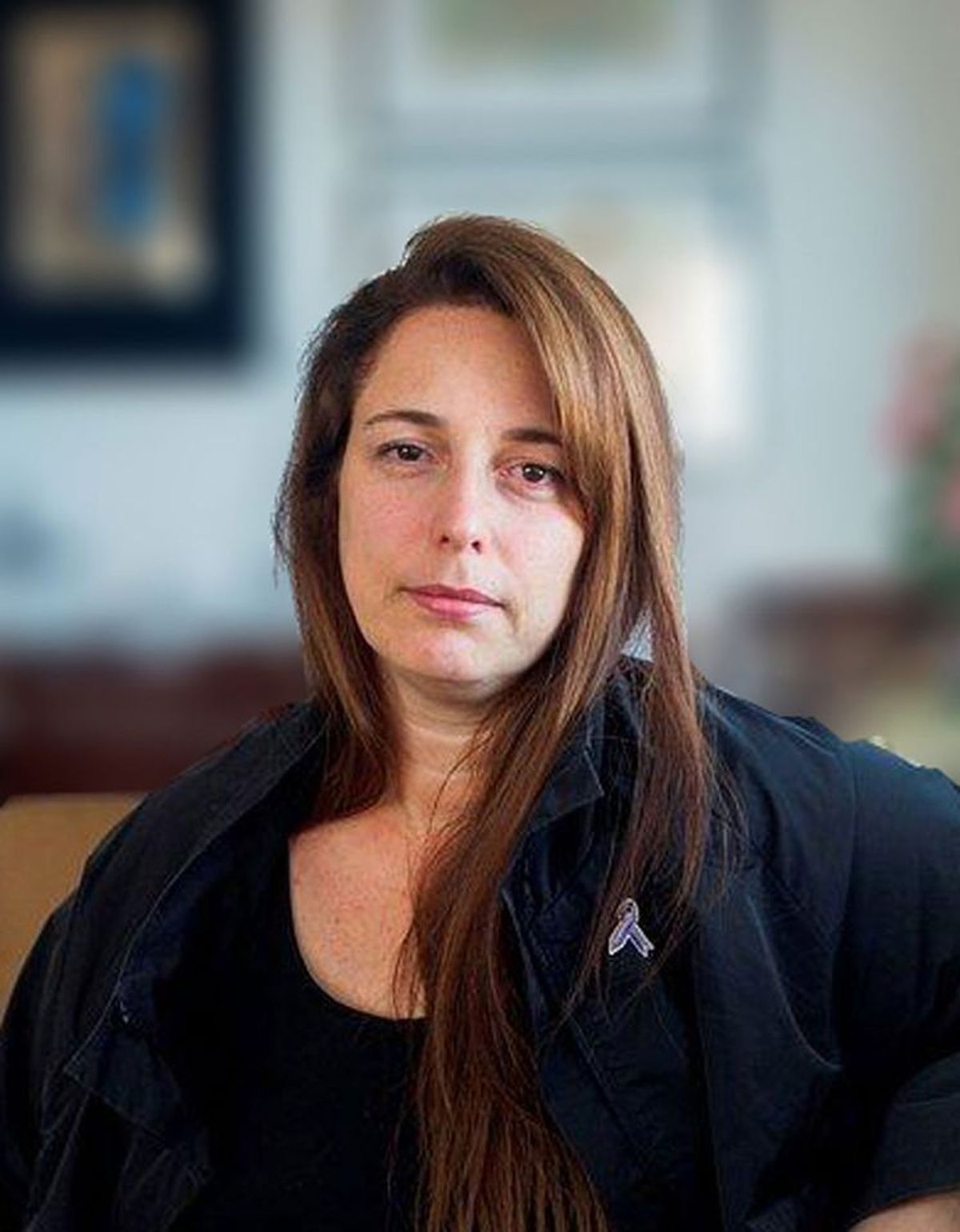“Imagine yourself walking on the streets with a friend and suddenly, a car stops, and four people emerge from the car and force you to get inside of it. Once you are inside; you realize that those with you are state security agents. You arrive to a police station, and they make you remove your clothes, they interrogate you, they don’ t allow to make a call and no one knows where you are,” the artist and activist Tania Bruguera told attendees at the Geneva Summit on Human Rights and Democracy, held earlier this week. “Imagine that you are one of the 170 political prisoners in Cuba today.”
Bruguera is essentially one of those political prisoners, regularly followed and detained by police for her criticism of the Communist regime and its stifling of free speech and artistic expression in the country. Her testimony at the Geneva Summit was pre-recorded, because she said her internet access was regularly cut off. Cuba has become a country “where independent journalists are persecuted, where citizens’ access to independent media via internet is blocked, where citizen journalism is penalised to such an extent if you post a statement on Facebook that is critical of the government, you will be sought out and fined more than your monthly salary,” Bruguera said. “If you do not pay the fine you will go to prison.”
But despite the government’s efforts to silence dissent, the artist says that people on the island are demanding change. “Cubans are losing their fear and they are becoming aware of their ability to confront injustices and prevail, and that is a contagious feeling,” the artist said. More and more people are turning to direct action, Bruguera said, “citizens go out into the street and demand the police forces leave” and “neighbours band together to free activists that are being arrested”.
There is even a shift in the police force, with officers starting to think of themselves “as Cuban and not only as the repressive agent of the state,” she added. “The sense of injustice is penetrating all spheres of society and the government is becoming increasingly isolated.” Perhaps the biggest signal of this change in public sentiment is a move by many in the country to replace the traditional government slogan of “Patria o Meurte” (Fatherland or Death) “for one that is more attuned to their aspirations—Motherland and Life—because what we the Cubans want is to live in dignity.”
“While I was recording this presentation, I was thinking about my fellow activists in prison, about the potential consequences that I will have to confront for participating in events like this one, the vulnerability that we feel daily,” Bruguera said at the end of her speech. “But I take strength in joining with others the words: ‘Patria y Vida’.


